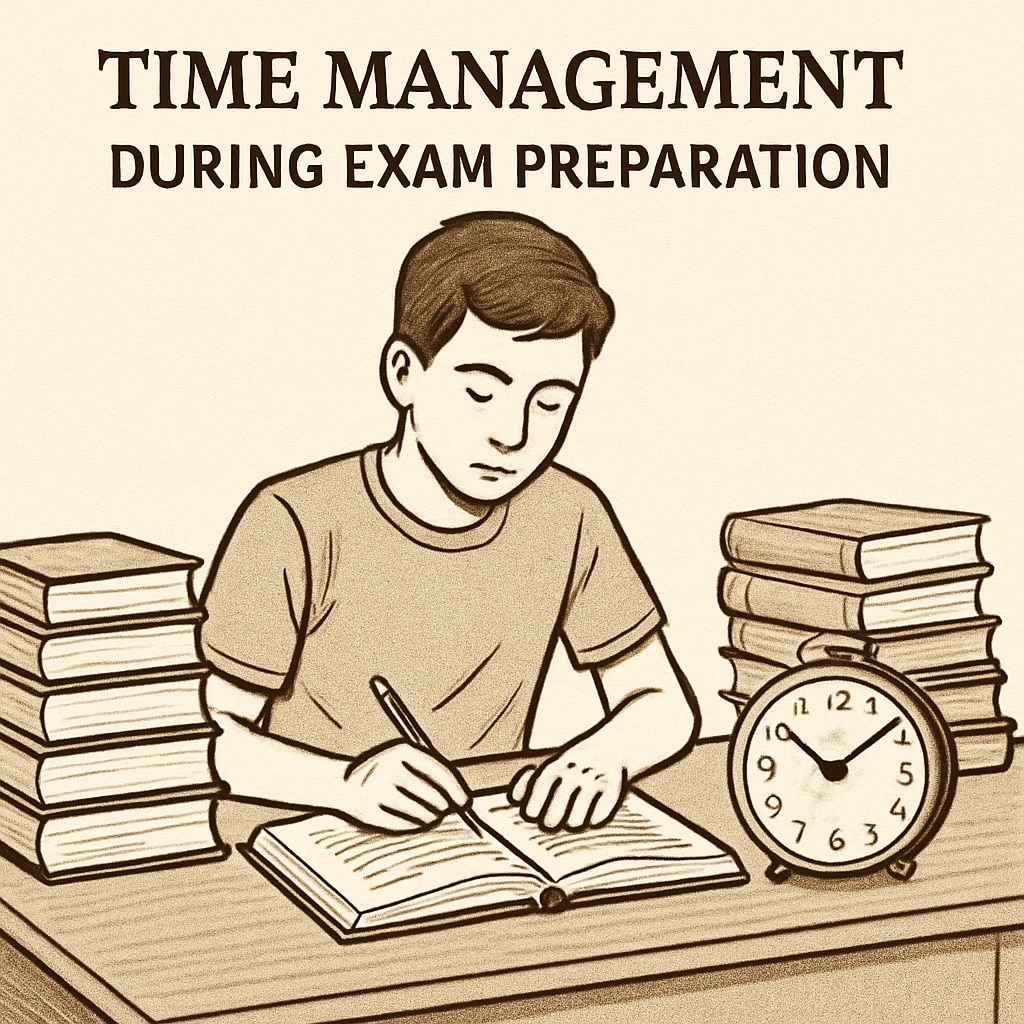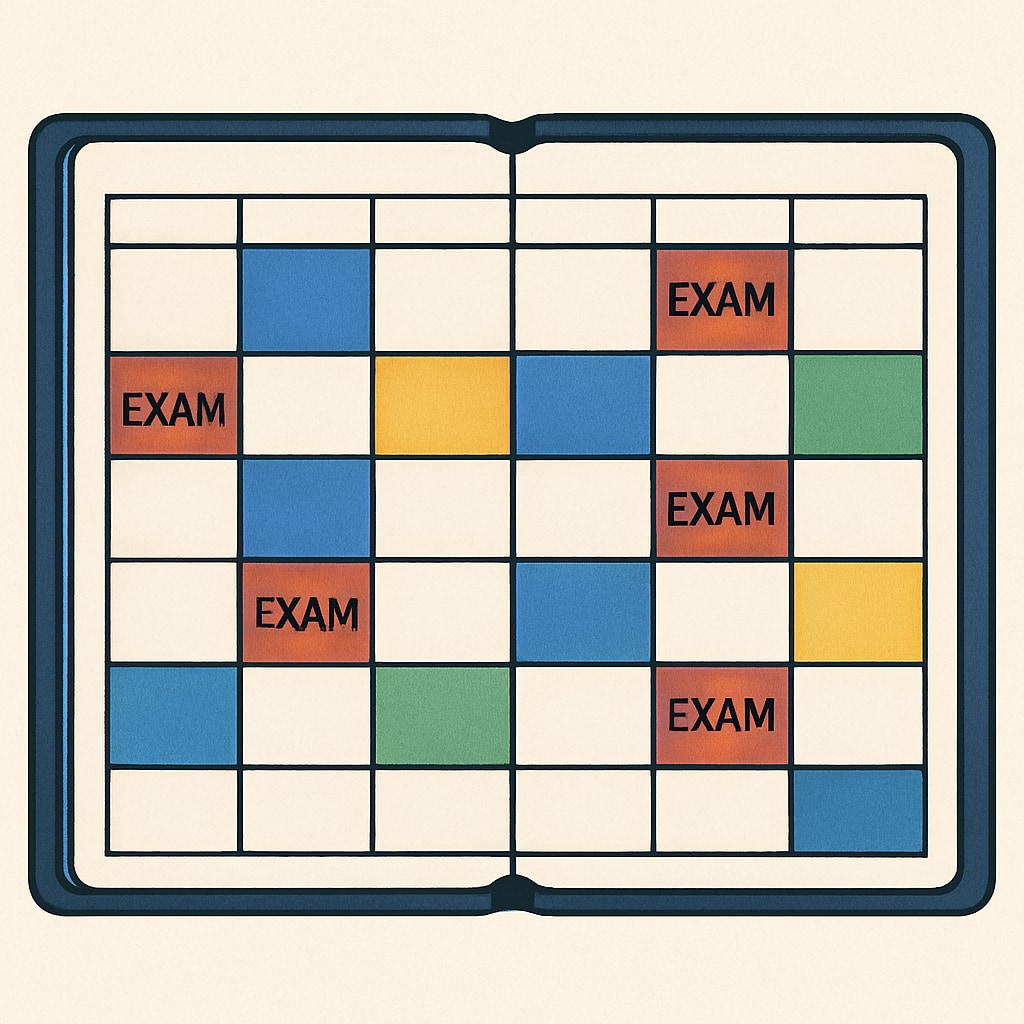Facing multiple failed exams, especially in challenging disciplines like a physics degree, can feel overwhelming. Time management, coupled with effective study strategies, plays a crucial role in turning this academic obstacle into an opportunity for growth. Whether you’re dealing with tight deadlines or balancing multiple responsibilities, this guide offers actionable tips to help you prepare effectively.

Assessing the Situation: Prioritize and Strategize
Before diving into exam preparation, it’s essential to assess your current situation. Identify the subjects you’ve failed, the weight of each exam, and the time available. For example, if your physics degree includes complex modules like thermodynamics or quantum mechanics, allocate more time to subjects with higher difficulty.
Follow these steps to prioritize your study sessions:
- Rank exams by difficulty and importance.
- Evaluate available resources, such as textbooks, online tutorials, or study groups.
- Create a realistic schedule that balances revision and rest.
Strategizing ensures that your efforts are focused on subjects that need the most attention, maximizing your chances of success.
Time Management: Divide and Conquer
Time management is the cornerstone of effective exam preparation. Without it, juggling multiple exams can quickly lead to burnout. Employ techniques such as the Pomodoro method (interval-based study sessions) or time blocking to structure your day effectively.
Consider this sample schedule:
- Morning: Review high-priority subjects (e.g., physics concepts).
- Afternoon: Work on practice exams or problem sets.
- Evening: Focus on lighter revision tasks or summarizing notes.
Remember to include short breaks to recharge your mind. As a result, you’ll stay motivated while maintaining productivity.

Effective Revision Techniques for High-Yield Learning
Revision is not about cramming; it’s about understanding and retaining key information in the most efficient way possible. Use techniques tailored to your learning style:
- Active recall: Test yourself on critical concepts rather than passively rereading notes.
- Mind mapping: Create visual diagrams to connect ideas, especially useful for physics formulas and theories.
- Past papers: Practice with previous exam questions to familiarize yourself with the format and identify gaps in your knowledge.
For physics students, focusing on problem-solving skills is vital. Work through sample problems and simulations to gain a deeper understanding of theoretical principles.
Keeping Stress in Check
Preparing for multiple failed exams can be mentally and physically taxing. Managing stress is just as important as mastering the content. Incorporate stress-relief activities into your routine, such as meditation, light exercise, or even listening to calming music.
In addition, reach out to academic advisors or peers for support. Sharing your challenges can help alleviate anxiety and provide valuable insights into overcoming obstacles.
Final Tips for Success
To ensure you’re making the most of your limited time, keep the following tips in mind:
- Stay consistent: Stick to your schedule and avoid procrastination.
- Focus on understanding: Prioritize comprehension over memorization, especially for complex subjects like physics.
- Track progress: Regularly evaluate your preparedness and adjust your strategies as needed.
By adopting these strategies, you can transform the challenge of multiple failed exams into an opportunity for academic growth and resilience.
Learn more about time management on Wikipedia. For additional tips, visit Education resources on Britannica.


